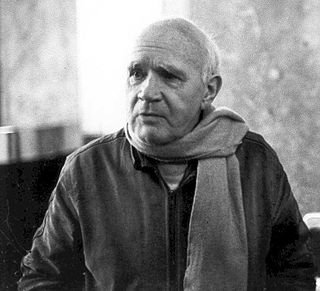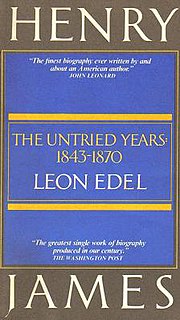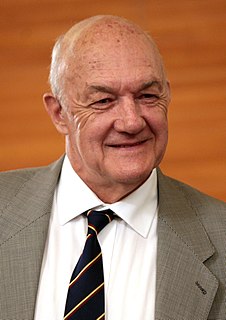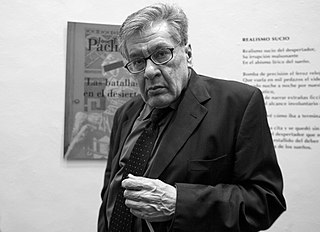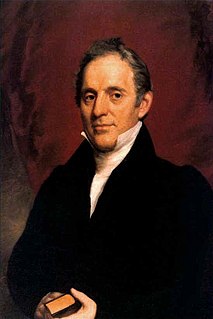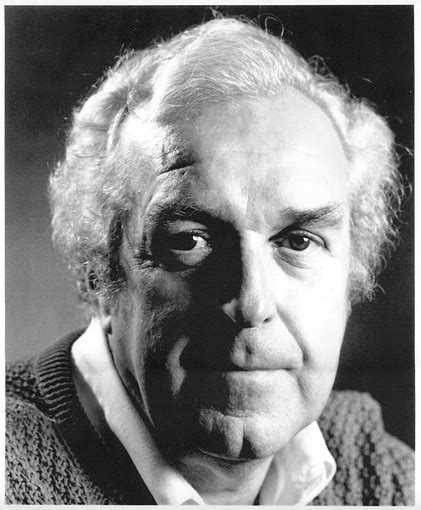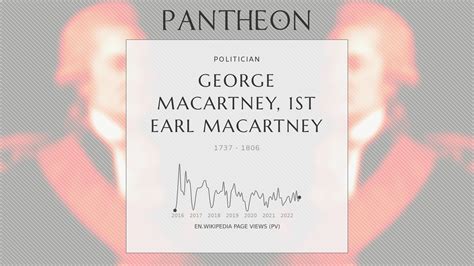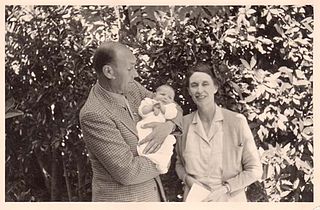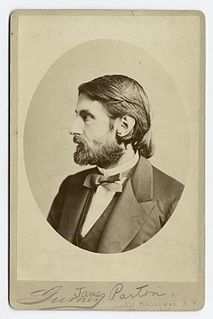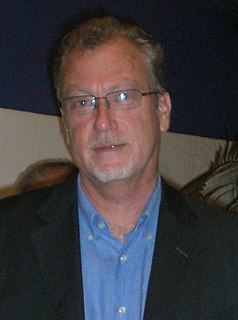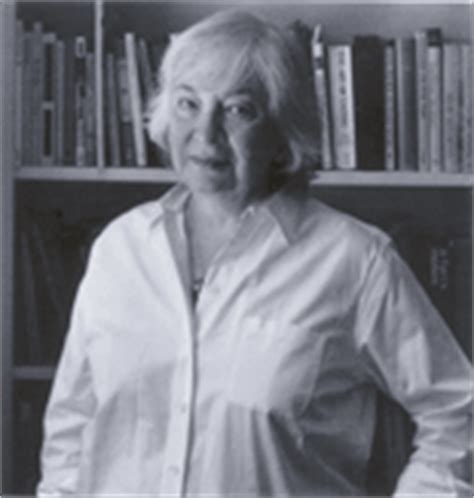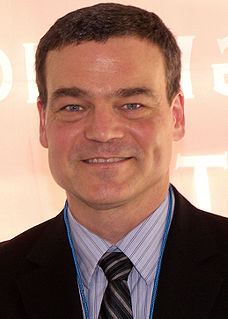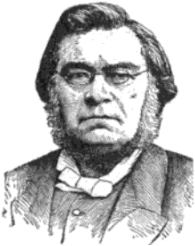A Quote by Michael Holroyd
Between history and the novel stands biography, their unwanted offspring, which has brought a great embarrassment to them both.
Related Quotes
Biography always has fulfiled this role. Robinson Crusoe is a biography, as is Tom Jones. You can go through the whole range of the novel, and you will find it is biography. The only difference between one example and the other is that sometimes it's a partial biography and sometimes it's a total biography. Clarissa, for example, is a partial biography of Clarissa and a partial biography of Lovelace. In other words, it doesn't follow Lovelace from when he is in the cradle, though it takes him to the grave.
When you read a history or biography you are entitled to imagine that it is as accurate as the authors can make it. That research has gone into it and we say "This is a history of the civil war, this is a biography of Lincoln" whatever. But you don't make any such supposition when you say "This is a historical novel."
A great biography should, like the close of a great drama, leave behind it a feeling of serenity. We collect into a small bunch the flowers, the few flowers, which brought sweetness into a life, and present it as an offering to an accomplished destiny. It is the dying refrain of a completed song, the final verse of a finished poem.
The cry that 'fantasy is escapist' compared to the novel is only an echo of the older cry that novels are 'escapist' compared with biography, and to both cries one should make the same answer: that freedom to invent outweighs loyalty to mere happenstance, the accidents of history; and good readers should know how to filter a general applicability from a particular story.
You had a flood of immigrants, millions of them, coming to this country. What brought them here? It was the hope for a better life for them and their children. And, in the main, they succeeded. It is hard to find any century in history, in which so large a number of people experience so great an improvement in the conditions of their life, in the opportunities open to them, as in the period of the 19th and early 20th century.






